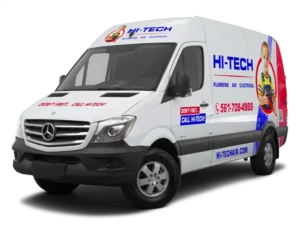In short, we wouldn’t recommend cooling more than one room with a mini-split air conditioner. However, Modern mini-split systems are actually designed to work together to cool multiple zones through the use of several different systems.
Several systems can typically be connected to one compressor for optimal energy efficiency and space-saving, and adding these systems offers great temperature control and flexibility by only requiring you to use your cooling system in rooms you are actually using.
A single unit does not have the cooling capacity of a typical central AC system, but by combining several units together in unique, individual zones, your entire home can be more comfortable and cooler while you could save tremendously on your energy bills!
